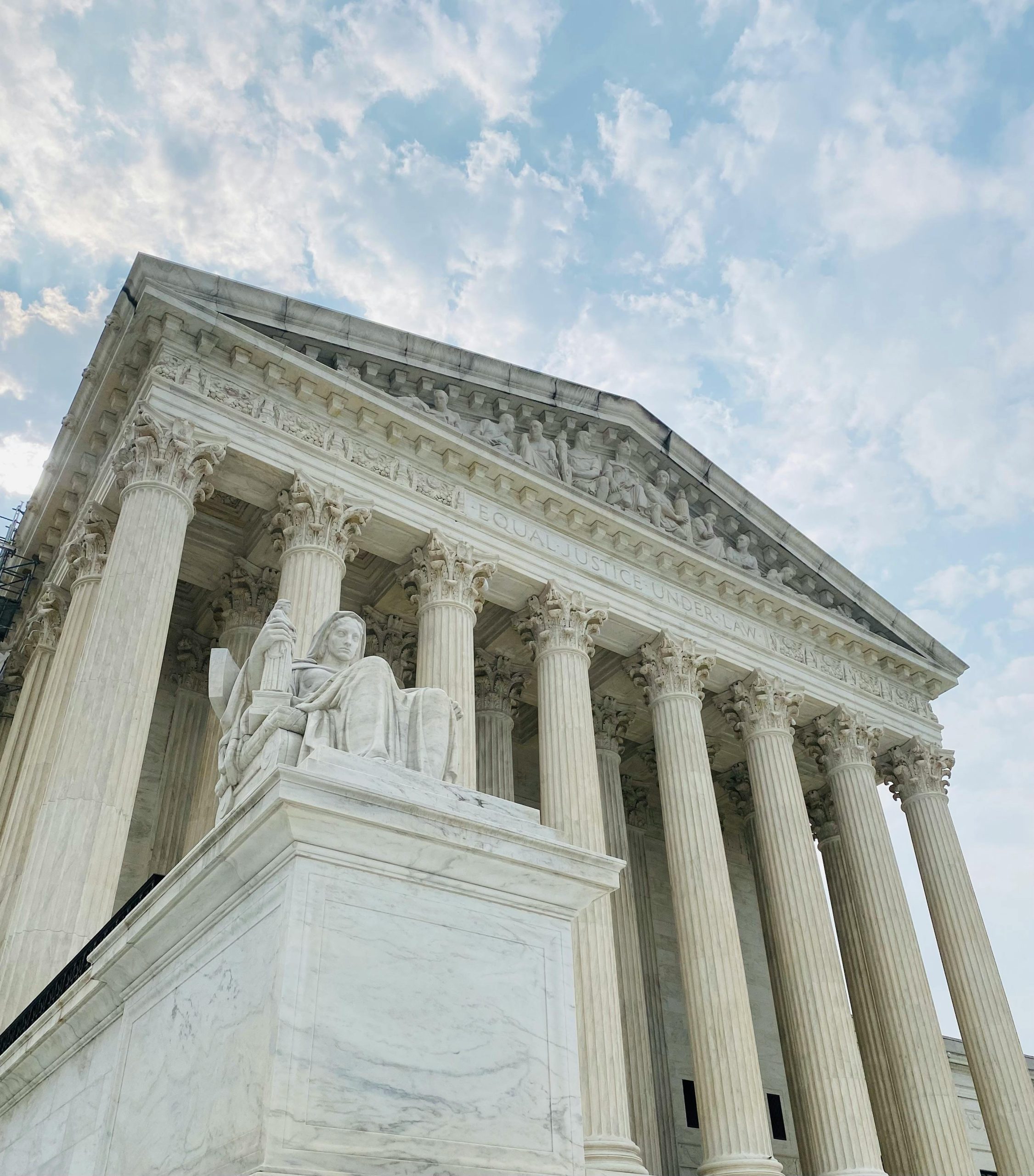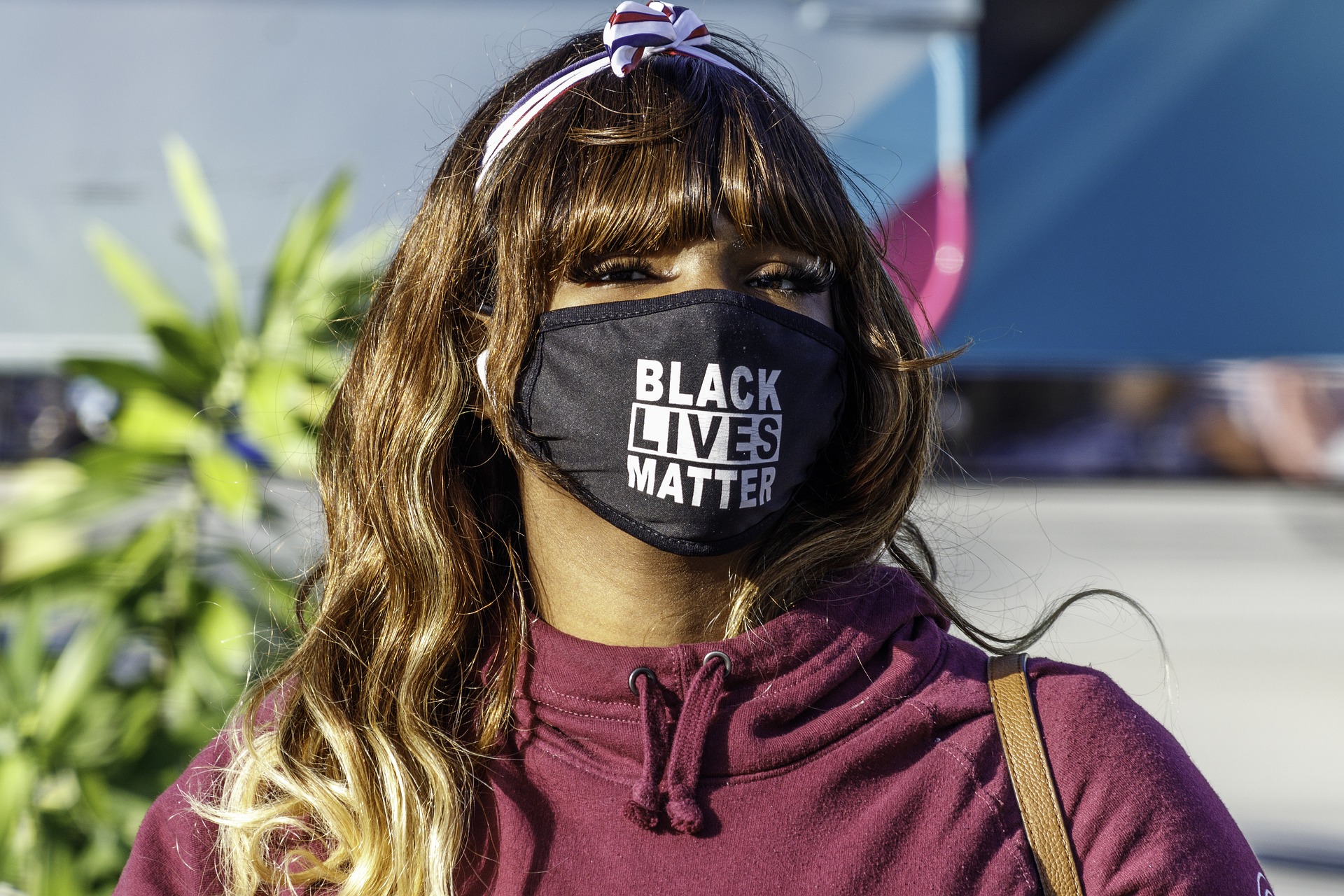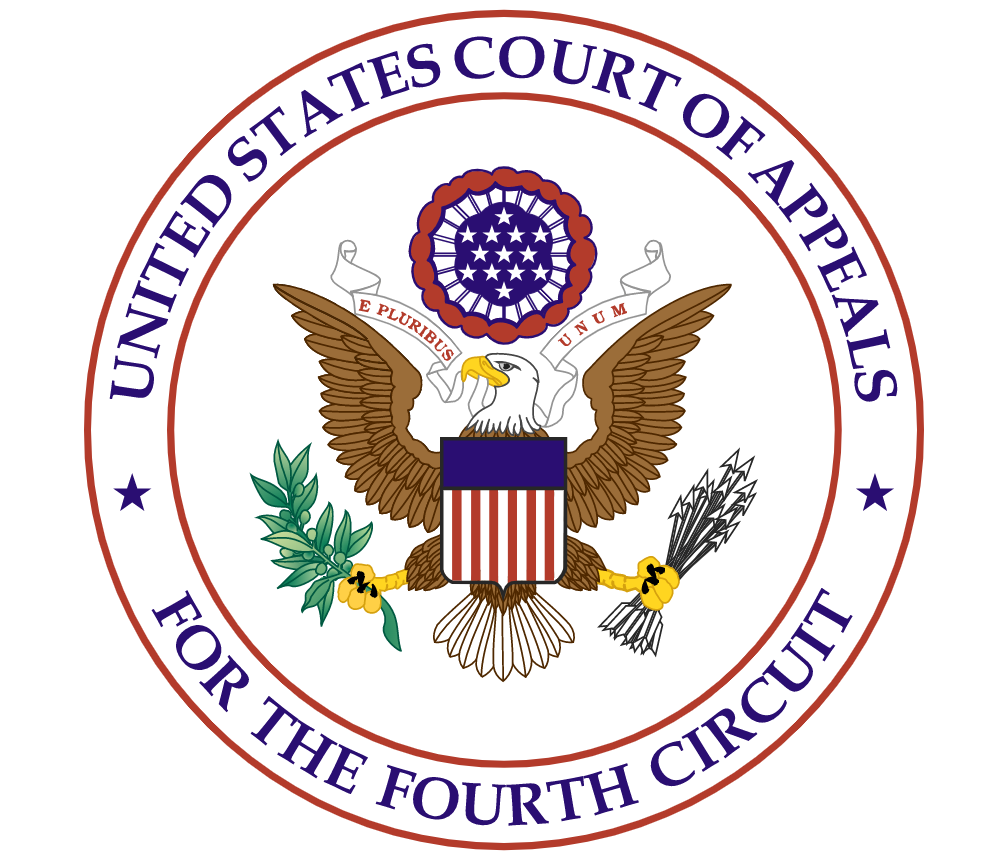The Supreme Court Clarifies the Requisite Harm Employees Must Show to Bring Viable Discrimination Claims Based on Job Transfers
 On April 17, 2024, in Muldrow v. City of St. Louis, the Supreme Court held that an employee bringing a discrimination claim under Title VII based on a job transfer does not need to show that she suffered significant harm with respect to the transfer, only that she suffered some harm.
On April 17, 2024, in Muldrow v. City of St. Louis, the Supreme Court held that an employee bringing a discrimination claim under Title VII based on a job transfer does not need to show that she suffered significant harm with respect to the transfer, only that she suffered some harm.
Background Facts
Sergeant Jatonya Muldrow worked as a plainclothes officer at the St. Louis Police Department in the specialized Intelligence Division from 2008 through 2017. As part of her position, Sergeant Muldrow was deputized as a Task Force Officer with the Federal Bureau of Investigation, which granted her FBI credentials, an unmarked take-home vehicle, and the authority to pursue investigation outside St. Louis. She also worked with high-ranking officials on the Intelligence Division and worked a traditional Monday through Friday schedule.
 Boston Lawyer Blog
Boston Lawyer Blog









